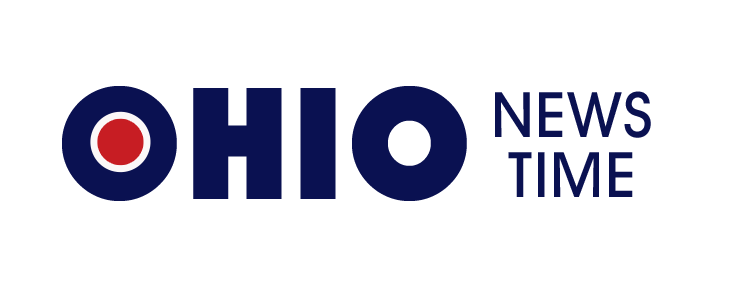The Big Business Philosophy Behind Free & Competitive Offers

Depending on which school of thought an entrepreneur follows, they’re likely to emphasize different aspects of a business. For example, a baker might focus more on consistency than leadership, while an investment group might prioritize vision over reputation.
Regardless, there’s one aspect of business that all owners will agree on: it should make money. However, trends of the past two decades have increasingly favored giveaways and bonus deals to entice customers. This has left many uncertain about a future in business—after all, it’s hard enough to cut a profit without handing out freebies.
Still, there are legitimate reasons for giveaways, and they’ve proven effective for online business models, in particular. A free deal or giveaway is as simple as this: consumers see a flashy sale, while businesses acquire new customers.
For example, look at some of the flashiest deals in the industry, like online casino offers. Though the popularity of gaming means there’s more business to split amongst companies, it’s a hyper-competitive space for various casinos to attract new customers. New online casinos are being added to this list regularly, which means top brands must stand out with popular games, a simple interface, and a straightforward bonus.
In this example, it’s obvious that promoting a free deal is used to entice newcomers to try a service, and then hook them from there with an unbeatable experience. But, on a more granular level, how does free deal marketing work? And why is it necessary for businesses of all sizes and types?
A Warm Welcome
From the outside looking in, consumers will be attracted to a flashy deal that gives them something of value for free. However, a business must approach this interaction with a multifaceted view; they’re looking to introduce their mission, brand, and product or service.
In this way, a free promotion isn’t just a blind handout. Instead, it’s an investment not only in the consumer but in the business itself. If the mission, brand, and product or service are up to snuff, a customer will return.
Establishing Trust & Expectations
Before that customer decides to return, a business will first need to deliver on their expectations. In other words, whatever the free promotion promises, it’s time to deliver. In the aforementioned online slots deal, a company will need to instruct and guide a user in how to apply their free deal. Any delays or confusion will result in an unmet expectation.
However, companies that can seamlessly provide what their free deal promises have established trust with their new customer. Still, they’ll need to be careful here—a free promotion should come just once (or maybe seasonally). In addition to establishing trust, a business should communicate here that it doesn’t offer many freebies.
Reeling Fish (Back) In
The business of free giveaways is primarily designed to build a customer base. However, they can also be used strategically to reel a customer back in. For example, online retailer Romwe includes a pop-up on their website that targets users about to click out of a webpage.
In order to entice customers to finish their purchase, Romwe offers a discount. Though not entirely ‘free’, the promotion is effective in deterring customers from leaving. Some business professionals consider this type of offer unsustainable, while others will selectively target customers based on level of expenditure and participation.
Multi-Level Marketing
In certain cases, free promotions can even be used to build out multi-level marketing projects. Some companies will opt to create a giveaway or sweepstakes competition in which participants must create or do something related to their product or service. In other words, a freebie can be a ‘set it and forget it’ arrangement for a certain period of time.
For example, photography giant Kodak regularly hosts a Mother’s Day competition. In order to win the prize, participants must take a photo with a Kodak product, then post the photo on social media and tag the company. This generates social media buzz around Kodak, while also engaging new potential customers via social media.
The giveaway is multi-faceted; not only will it introduce newcomers to the Kodak mission, brand, and product, but it also fosters a sense of competition and hype around the company. Even better, contests like this which are hosted on social media enable companies to gather valuable data related to their participants.
This can further be used to implement advertising campaigns or further tailor a product or service to a specific demographic. In this way, a free giveaway can be leveraged to provide key data about emerging markets, promote a company to a new demographic, and generate buzz through online platforms and communities.




